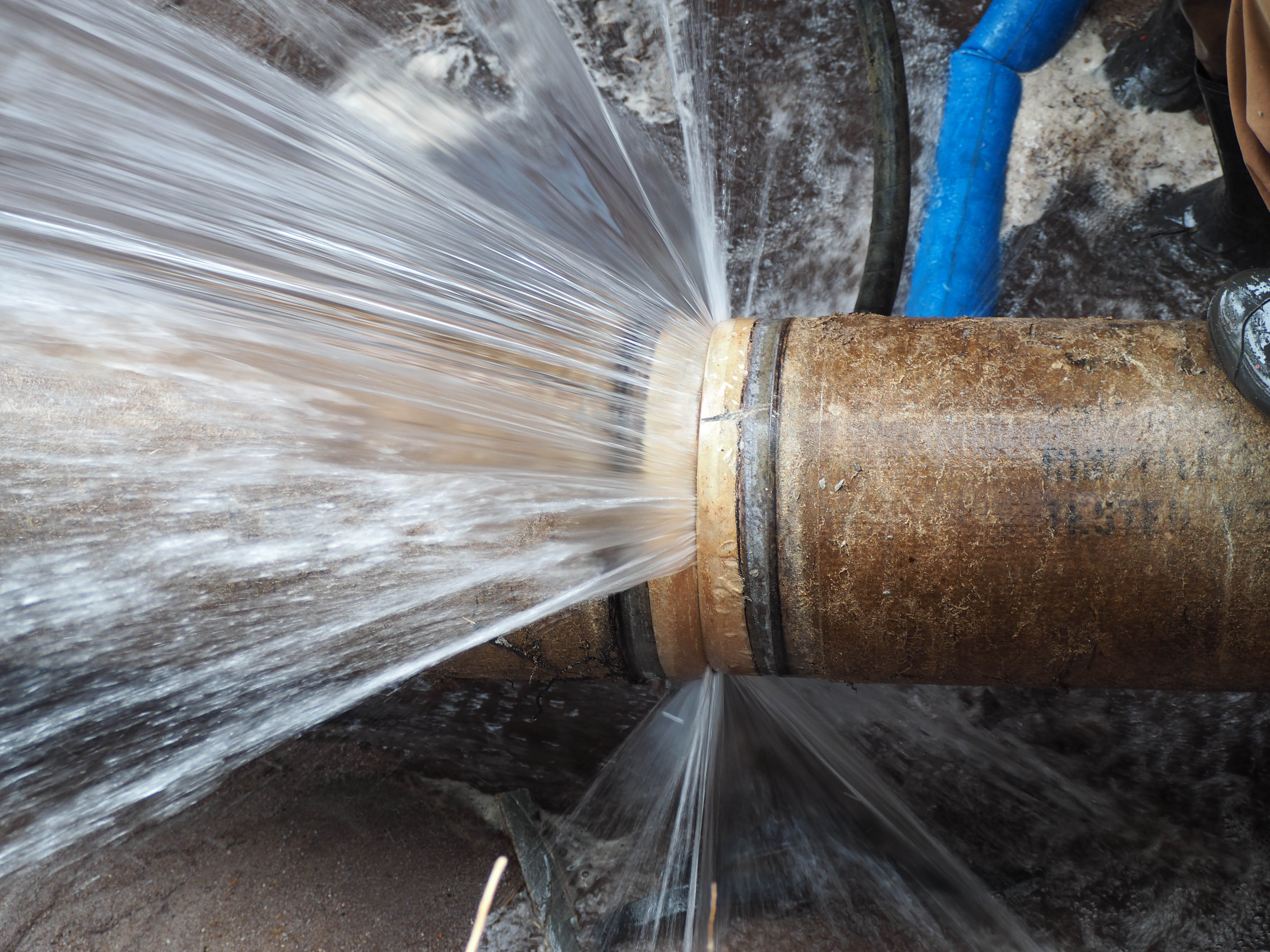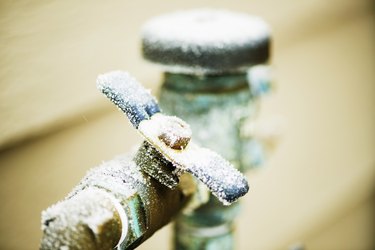Tips to Keep Your Pipes from Cold Weather Issues: Essential Tips
Tips to Keep Your Pipes from Cold Weather Issues: Essential Tips
Blog Article
Each person maintains their unique conception involving Preventing and dealing with frozen pipes.

Winter can ruin your plumbing, especially by freezing pipes. Below's how to stop it from taking place and what to do if it does.
Introduction
As temperature levels decline, the danger of frozen pipelines increases, possibly resulting in costly repair services and water damage. Recognizing how to avoid icy pipes is critical for property owners in cool environments.
Prevention Tips
Protecting vulnerable pipes
Wrap pipes in insulation sleeves or make use of warm tape to safeguard them from freezing temperature levels. Focus on pipes in unheated or external areas of the home.
Heating techniques
Maintain interior areas adequately heated, specifically areas with plumbing. Open up cabinet doors to permit cozy air to flow around pipes under sinks.
Exactly how to recognize frozen pipes
Try to find lowered water circulation from taps, unusual smells or sounds from pipelines, and noticeable frost on exposed pipes.
Long-Term Solutions
Architectural adjustments
Consider rerouting pipes away from outside wall surfaces or unheated locations. Include additional insulation to attics, basements, and crawl spaces.
Upgrading insulation
Invest in top notch insulation for pipes, attics, and walls. Correct insulation assists maintain consistent temperatures and reduces the risk of frozen pipelines.
Securing Outdoor Plumbing
Garden pipes and exterior taps
Disconnect and drain pipes yard pipes prior to winter. Mount frost-proof faucets or cover outside faucets with shielded caps.
Understanding Frozen Pipelines
What triggers pipes to freeze?
Pipes ice up when subjected to temperatures listed below 32 ° F (0 ° C) for prolonged periods. As water inside the pipelines freezes, it broadens, putting pressure on the pipe walls and possibly creating them to burst.
Risks and damages
Icy pipelines can cause water disruptions, property damage, and costly fixings. Ruptured pipelines can flooding homes and create extensive structural damage.
Indicators of Frozen Pipeline
Identifying icy pipes early can prevent them from breaking.
What to Do If Your Pipes Freeze
Immediate actions to take
If you believe frozen pipes, maintain faucets open up to soothe stress as the ice thaws. Utilize a hairdryer or towels taken in hot water to thaw pipes slowly.
Final thought
Stopping icy pipelines needs positive steps and quick reactions. By recognizing the reasons, indications, and preventive measures, property owners can safeguard their plumbing during cold weather.
Helpful Tips to Prevent Frozen Pipes this Winter
UNDERSTANDING THE BASICS: WHY PIPES FREEZE AND WHY IT’S A PROBLEM
Water freezing inside pipes is common during the winter months, but understanding why pipes freeze, and the potential problems it can cause is crucial in preventing such incidents. This section will delve into the basics of why pipes freeze and the associated problems that may arise.
THE SCIENCE BEHIND FROZEN PIPES
When water reaches freezing temperatures, it undergoes a physical transformation and solidifies into ice. This expansion of water as it freezes is the primary reason pipes can burst. As the water inside the pipe freezes, it expands, creating immense pressure on the walls. If the pressure becomes too great, the pipe can crack or rupture, leading to leaks and water damage.
FACTORS THAT CONTRIBUTE TO PIPE FREEZING
Low Temperatures: Extremely cold weather, especially below freezing, increases the risk of pipes freezing. Uninsulated or Poorly Insulated Pipes: Pipes located in unheated areas, such as basements, crawl spaces, or attics, are more prone to freezing. Insufficient insulation or lack of insulation altogether exacerbates the problem. Exterior Wall Exposure: Pipes running along exterior walls are susceptible to freezing as they encounter colder temperatures outside. Lack of Heating or Temperature Regulation: Inadequate heating or inconsistent temperature control in your home can contribute to frozen pipes. PROBLEMS CAUSED BY FROZEN PIPES
- Pipe Bursting: As mentioned earlier, the expansion of water as it freezes can cause pipes to burst, resulting in significant water damage.
- Water Damage: When pipes burst, it can lead to flooding and water damage to your property, including walls, ceilings, flooring, and personal belongings.
- Structural Damage: Prolonged exposure to water from burst pipes can compromise the structural integrity of your home, leading to costly repairs.
- Mold and Mildew Growth: Excess moisture from water damage can create a favorable environment for mold and mildew growth, posing health risks to occupants.
- Disrupted Water Supply: Frozen pipes can also result in a complete or partial loss of water supply until the issue is resolved.
WHY CERTAIN PIPES ARE MORE PRONE TO FREEZING
- Location: Pipes located in unheated or poorly insulated areas, such as basements, crawl spaces, attics, or exterior walls, are at higher risk of freezing.
- Exterior Pipes: Outdoor pipes, such as those used for irrigation or exposed plumbing, are particularly vulnerable to freezing as they are directly exposed to the elements.
- Supply Lines: Pipes that carry water from the main water supply into your home, including the main water line, are critical to protect as freezing in these lines can affect your entire plumbing system.
- Underground Pipes: Pipes buried underground, such as those connected to sprinkler systems or outdoor faucets, can be susceptible to freezing if not properly insulated.
https://busybusy.com/blog/helpful-tips-to-prevent-frozen-pipes-this-winter/

As an avid person who reads on How to prepare your home plumbing for winter weather, I think sharing that segment was really helpful. Do you know someone else who is interested by the subject? Take a moment to promote it. Thank you for taking the time to read it.
Details Here Report this page